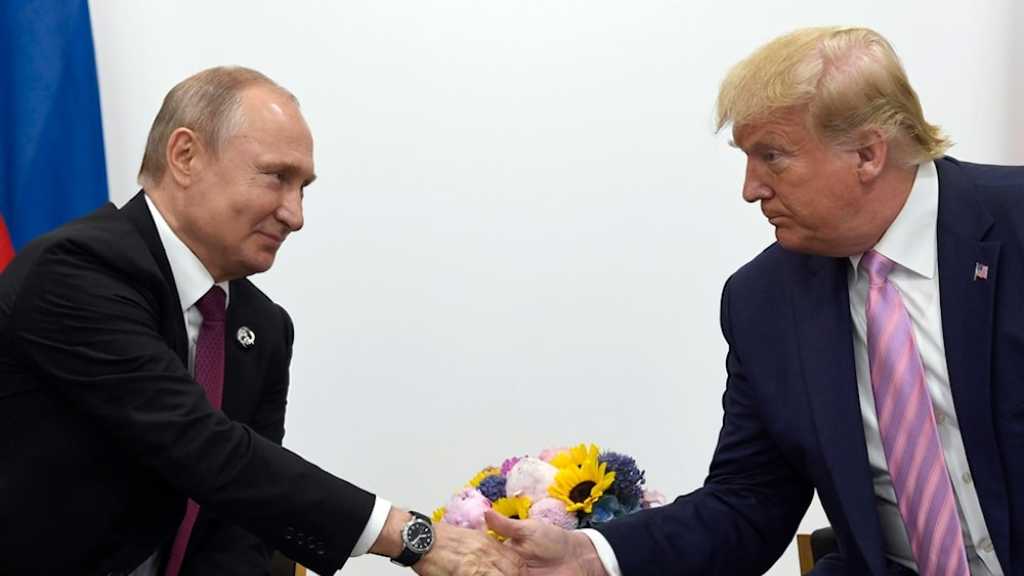“Virtual Strip Search”: a violation of rights or safety measure?

Local Editor, 5-1-2010
The "virtual strip search", the imaging technology which has the ability to scan under clothes, and is able to detect non-metal explosives and other things that will not be felt by a standard pat-down has been rapidly introduced at airports whether in Britain, the US or elsewhere.
In Britain for instance, the government is looking forward to having more than 150 scanners distributed over the airports across the country by 2010.
Full body scanners at airports that aim at keeping better levels of security, initiated a hot debate among the passengers as well as rights activists as these threaten to breach laws of privacy, and do not match certain religions, as the scanners create images that are so graphic.
According to sources, privacy campaigners have called for safeguards to protect the privacy of passengers involved. As the scanner gives a complete image of the whole body, total privacy invasion occurs. Moreover, Civil liberties groups for safeguards demand to ensure that images from the £80,000 scanners do not end up on the internet.
On the other hand, such a device, even though used to detect passengers for safety purposes, violates religious laws that forbid the revelation of body images.
Children are a main concern here as well. On this note, Terri Dowty, of Action for Rights of Children, says that the scanners could breach the Protection of Children Act 1978, under which it is illegal to create an indecent image of a child.
"They do not have the legal power to use full body scanners in this way," said Dowty.
Airport officials say the scanner image is only seen by a single security officer in a remote location before it is deleted.
A Department for Transport spokesman said: "We understand the concerns expressed about privacy in relation to the deployment of body scanners. It is vital staff are properly trained and we are developing a code of practice to ensure these concerns are properly taken into account."
However, Shami Chakrabarti, of Liberty (The National Council for Civil Liberties) had concerns over the "instant" introduction of scanners: "Where are the government assurances that electronic strip-searching is to be used in a lawful and proportionate and sensitive manner based on rational criteria rather than racial or religious bias?" she said.
So far, deployment of such "body-revealing" machines in airports which assemble people from different religions, convictions and races, remains a controversy as some want to maintain their privacy rights and others fear violation of religious laws.
The "virtual strip search", the imaging technology which has the ability to scan under clothes, and is able to detect non-metal explosives and other things that will not be felt by a standard pat-down has been rapidly introduced at airports whether in Britain, the US or elsewhere.
In Britain for instance, the government is looking forward to having more than 150 scanners distributed over the airports across the country by 2010.
Full body scanners at airports that aim at keeping better levels of security, initiated a hot debate among the passengers as well as rights activists as these threaten to breach laws of privacy, and do not match certain religions, as the scanners create images that are so graphic.
According to sources, privacy campaigners have called for safeguards to protect the privacy of passengers involved. As the scanner gives a complete image of the whole body, total privacy invasion occurs. Moreover, Civil liberties groups for safeguards demand to ensure that images from the £80,000 scanners do not end up on the internet.
On the other hand, such a device, even though used to detect passengers for safety purposes, violates religious laws that forbid the revelation of body images.
Children are a main concern here as well. On this note, Terri Dowty, of Action for Rights of Children, says that the scanners could breach the Protection of Children Act 1978, under which it is illegal to create an indecent image of a child.
"They do not have the legal power to use full body scanners in this way," said Dowty.
Airport officials say the scanner image is only seen by a single security officer in a remote location before it is deleted.
A Department for Transport spokesman said: "We understand the concerns expressed about privacy in relation to the deployment of body scanners. It is vital staff are properly trained and we are developing a code of practice to ensure these concerns are properly taken into account."
However, Shami Chakrabarti, of Liberty (The National Council for Civil Liberties) had concerns over the "instant" introduction of scanners: "Where are the government assurances that electronic strip-searching is to be used in a lawful and proportionate and sensitive manner based on rational criteria rather than racial or religious bias?" she said.
So far, deployment of such "body-revealing" machines in airports which assemble people from different religions, convictions and races, remains a controversy as some want to maintain their privacy rights and others fear violation of religious laws.
Comments
- Related News

Kremlin: No Preparations Yet for Trump-Putin Meeting
3 months ago


